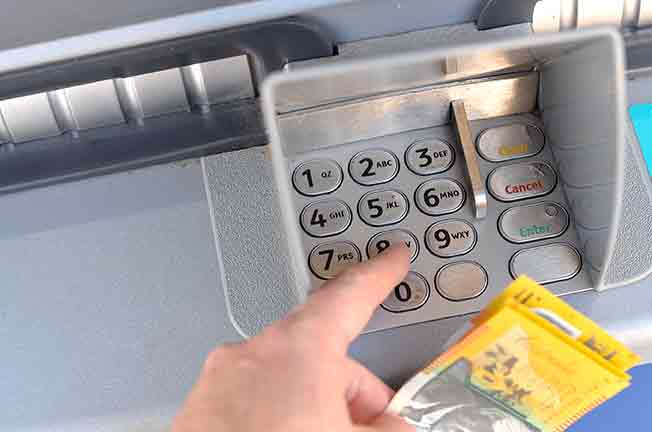
If you operate your small business as a sole trader, under the simplified depreciation rules you can also claim a deduction for depreciating assets that relate to earning assessable income that is not from your business. If you receive salary, wages or investment income, you can claim a deduction for depreciating assets associated with earning that income if the asset’s cost is under the instant asset write-off limit.
Example
Jamie is a small business entity and runs a business repairing motor vehicles from home. Jamie also works as an employee for a company where he is a sales consultant selling motor vehicle parts. Jamie purchases a laptop for $800 that he will use for his work as an employee.
Jamie checks the instant asset write-off limit because it has changed in recent years. For the 2024-25 year, the limit is $20,000. Because Jamie is a small business entity and he uses the laptop to produce assessable income from his job as a sales consultant, he can claim an immediate deduction for the cost of the laptop as the cost is below the instant asset write-off limit of $20,000. Jamie only uses the laptop 20% of the time in his job so his deduction is calculated as $800 x 20% = $160.
If the asset’s cost is the same as or more than the relevant instant asset write-off limit, you add the asset to a small business pool.

